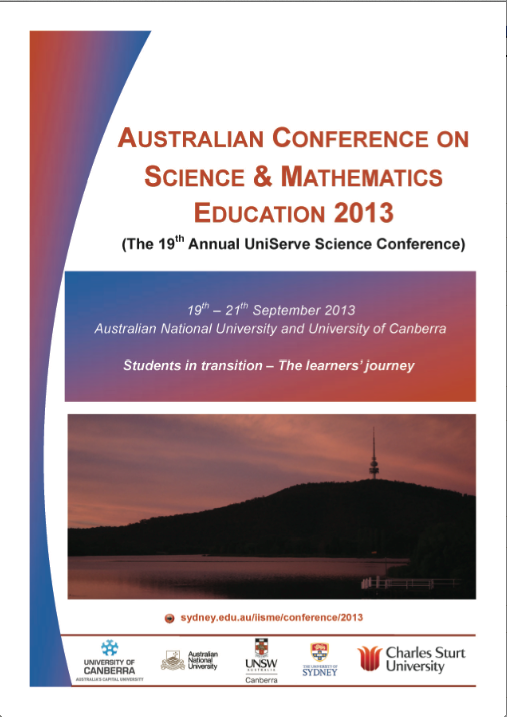Development and analysis of scientific argument in oral presentations of undergraduate science students
Abstract
An essential goal of science education is to help students develop effective scientific thinking, which is characterised by rigorous, evidence-based reasoning. However science graduates must also be able to effectively communicate that reasoning through scientific argument, via the process of developing and communicating claims, evidence and reasoning in the context of science (Sampson, Grooms & Walker, 2009). This study developed and validated a method for analysing the quality of scientific arguments in oral presentations of 2nd and 3rd year undergraduate biomedical science students. Our findings suggest that students make a lot of unfounded claims and struggle to provide the evidence and theoretical backing to support these claims, let alone the reasoning that links this support to the claims. These findings led to an intervention to increase the focus on scientific reasoning in assessment of oral presentations, through revised assessment criteria and the provision of specific guidelines for students. Subjectively, this has led to an increase in the quality and quantity of each element of scientific reasoning being presented. This project has modelled the use of evidence-based assessments to inform teaching improvements to ultimately facilitate the development of highly qualified scientists, skilled in scientific argument and communication. References Sampson, V., Grooms, J. & Walker, J. P. (2009) Argument-Driven Inquiry. Science Teacher, 76, 42-47.Downloads
Published
2013-09-23
Issue
Section
Abstracts
